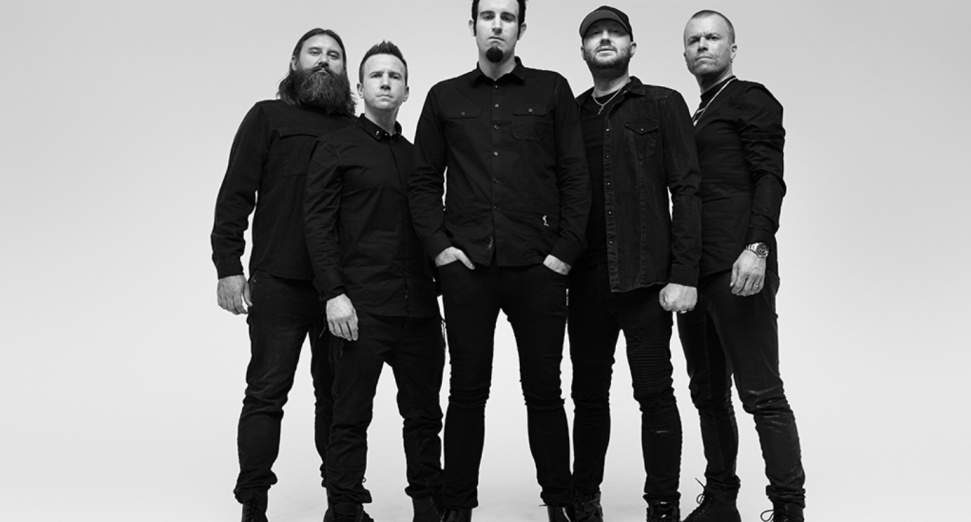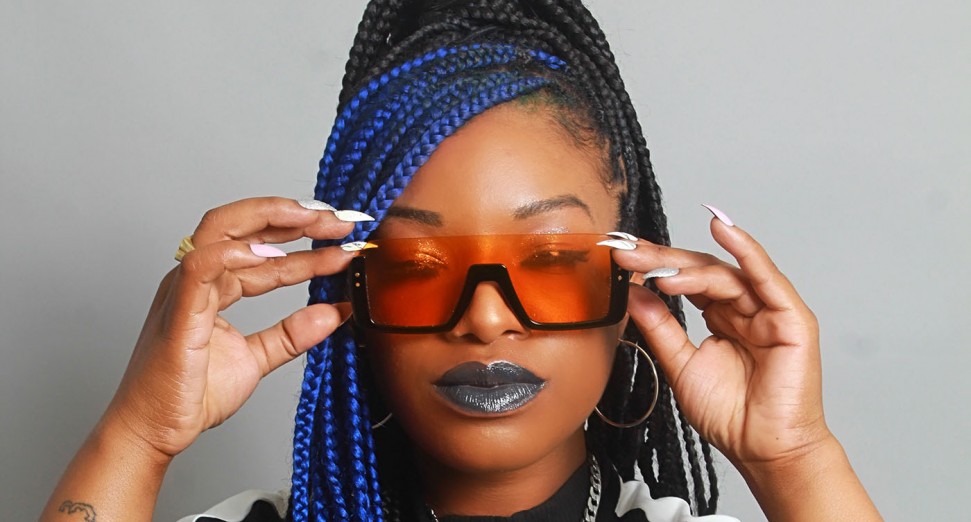Is Boost Collective Actually Worth It? A Closer Look at Boost Collective Reviews
Independent artists today face a critical question: who can you actually trust to promote your music?
With streaming fraud on the rise and promotional scams becoming harder to spot, services like Boost Collective are getting more attention… and more scrutiny.
A quick search for Boost Collective reviews reveals both praise and skepticism. Some artists report solid results. Others question the value.
So, is Boost Collective actually worth it?
Let’s take a closer look at this. What does the company offer? How does it operate? And what are artists really getting when they sign up?
Built by Artists, For Artists
Boost Collective was founded by Damian Barbu and Ronan Mullins; two artists who understood firsthand how difficult it can be to break out without industry connections.
“We wanted to create the service we wish we had when we were starting out,” says Damian. According to him and Ronan, music promotion shouldn’t be a mystery.
It should be accessible, clear, and safe.
That artist-first approach is built into the company’s platform. Boost offers campaign packages that pitch tracks to curated playlists grown through Meta ads. Artists can search for their songs, choose a campaign size, and start seeing placements within 24 to 48 hours.
The team makes it clear: they do not sell fake streams, do not offer guarantees, and do not work with shady vendors.
What they offer instead is transparency. And that’s the foundation of how they want to be reviewed.
What the Positive Boost Collective Reviews Say
Many independent artists have seen real traction through Boost’s platform. The company has worked with acts like Jayo, AUGY, dampszn, and Matt Corman.
All of whom have crossed significant streaming milestones while working with Boost.
AUGY, for example, hit over 800,000 streams through a direct-to-song ad campaign. The team at Boost co-developed creative content, tested hooks and ad formats, and scaled what worked.
All without shortcuts.
Matt Corman’s campaign shows similar results. According to internal data published by Boost, his playlist alone generated over one million streams, with Meta ad receipts and Spotify for Artists screenshots to back it up.
This kind of transparency is what many artists value. Campaign details are shared up front. Every placement is trackable. And if the team can’t place a song, artists are either refunded or given a reworked campaign.
“We’re not here to take anyone’s money if we can’t deliver value,” says Ronan.
Addressing the Criticism
Of course, not every Boost Collective review is glowing.
Some artists have voiced frustration over stream counts that didn’t meet expectations. Others have raised questions about why their genre didn’t perform as well as others.
To that, Damian offers a realistic answer: “We’re not a magic button. Results depend heavily on the type of music and how the market responds.”
Boost has since updated its FAQs and support docs to make this clearer. They now include reminders that every campaign estimate is based on past performance. It is not a guarantee.
For instance, niche genres, experimental sounds, and non-English music may receive fewer placements.
Importantly, Boost doesn’t shy away from these concerns. The company recognizes the need for even more transparency and education, and is exploring ways to provide additional resources to help artists better understand how campaigns work.
That kind of self-reflection is rare in a space filled with inflated promises.
What Makes Boost Different
What sets Boost Collective apart from many other music promotion services is how seriously it takes compliance and ethics.
- No fake reviews.
- No guaranteed stream counts.
- No playlist pay-for-play.
The company’s blog outlines what stream fraud looks like and how to avoid it. Their rebuttal to watchdog articles goes point by point, with verified screenshots and artist testimonies.
Unlike many competitors, Boost doesn’t operate anonymously, either. The founders are public, and the team regularly engages with artists directly.
They’ve also built safeguards into their campaigns. Every track is reviewed before pitching. If a song doesn’t fit the playlists in their network, they won’t force it. And if a vendor partner can’t explain how their traffic is generated, they’re removed.
“Our top priority is staying compliant with Spotify’s rules,” says Ronan. “We’re not risking our business, nor our clients’ catalogs, for shortcuts.”
So, Is It Worth It?
If you’re an artist looking for shortcuts, Boost Collective probably isn’t for you.
But if you’re serious about building a career with long-term, organic growth—Boost may be one of the few options out there that actually plays it straight.
The service doesn’t promise overnight success. It doesn’t guarantee virality. What it does offer is structure, professionalism, and a real shot at discovery—without putting your music at risk.
The most credible Boost Collective reviews are the ones that acknowledge both sides: results are possible, but they depend on quality, engagement, and the artist’s willingness to build momentum over time.
In a space full of noise, that level of honesty is worth paying attention to.
Final Verdict: Boost Collective is worth it for artists who value transparency, safety, and real-world growth over hype.



